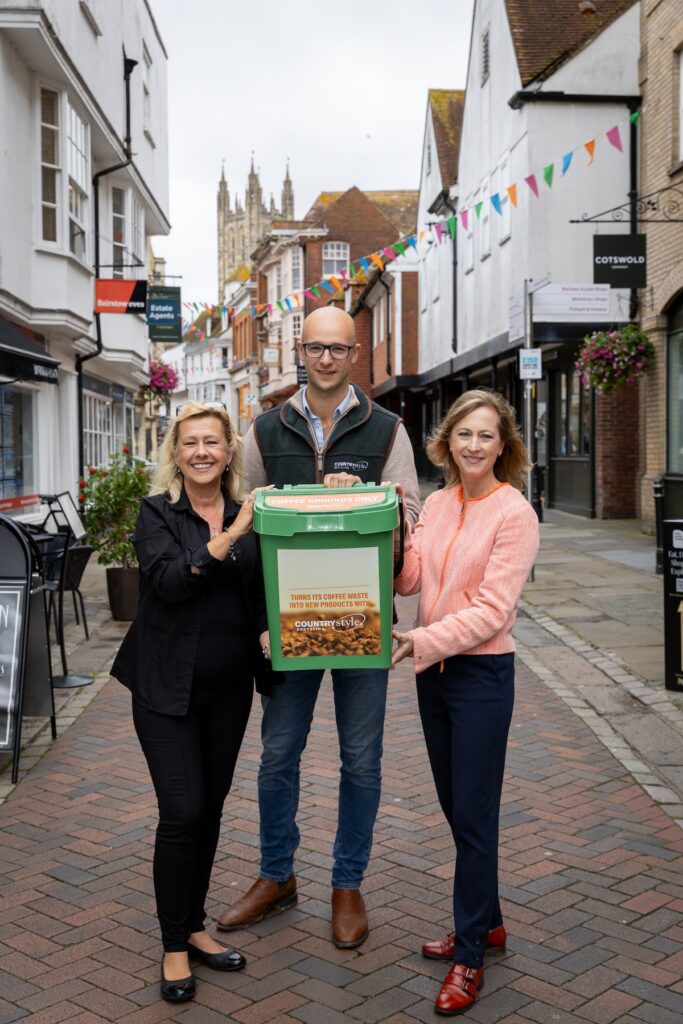The large-scale illegal waste dumping took place in Liverpool, Lancashire, Staffordshire, the West Midlands, Shropshire, Yorkshire and Humberside.
Marcus Hughes, 53, and Richard Hopkinson, 52, attended a hearing at Birmingham Crown Court on 18 July where they pleaded guilty to various environmental, company and fraud offences. On 26 July, Robert McDonagh, 51, attended a hearing at the same court where he too pleaded guilty to environmental, company and fraud offences.
The individuals will be sentenced on 17 and 18 December at Birmingham Crown Court.
Emma Viner, Environment Agency enforcement and investigations manager, said: “[The operation] was a complex investigation into large-scale waste dumps across the country by a gang who spared little thought for their victims and the environmental, financial and health impacts they caused.
“We take our responsibility to protect people and the environment seriously, whether by stopping large-scale dumping or making life harder for criminals by disrupting illegal activity through tough and decisive action.”
Anyone who suspects illegal waste activity is reminded to report it to the EA’s 24-hour hotline. Call 0800 80 70 60 or contact Crimestoppers anonymously on 0800 555 111.
EA investigation into large scale waste crime
The EA investigation – named Operation Cesium – took place across 17 sites.
It revealed that organised criminal gang members approached waste facilities and offered to dispose of baled waste at reduced costs, which they later abandoned.
In total more than 26,000 tonnes of waste – the equivalent of around 2,170 double-decker buses – is estimated to have been deposited illegally.
The criminals are said to have avoided landfill tax costs in excess of £2.7 million – while the cost of clearing the waste at the landowners’ expense is estimated at more than £3.2 million.
Offences included the gang entering into rental or lease agreements with owners of land, farms, industrial units and, in one instance, an operational airfield, under the false pretences of storing plastic pellets and motor vehicles or for the temporary storage of refuse derived fuel for later exportation to incinerators abroad. The baled waste, normally made up of household or business waste, was then abandoned at the sites.
They also diverted the waste to sites which were owned but unused, forcing entry and depositing bales of waste. This method was highly organised and made to seem legitimate by the gang deploying ‘security officers’ in hi-vis clothing at the entrance to the sites.










Subscribe for free